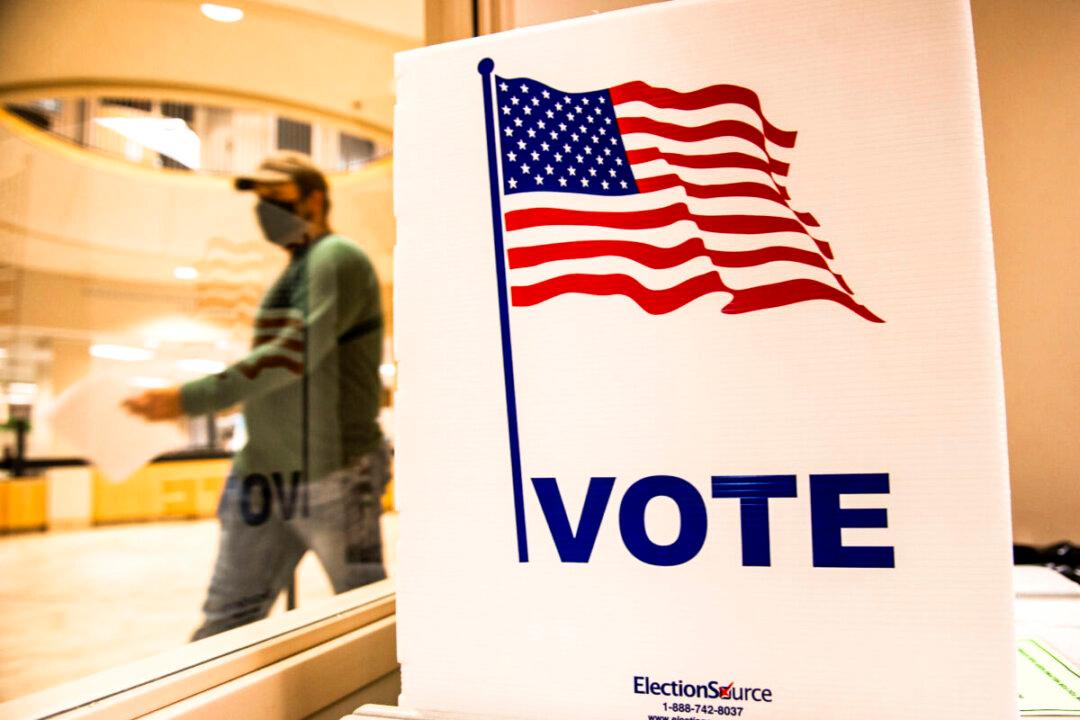Commentary
Those entering the business world after World War II inherited the most promising economic conditions since the early years of the “Roaring Twenties.”

Those entering the business world after World War II inherited the most promising economic conditions since the early years of the “Roaring Twenties.”